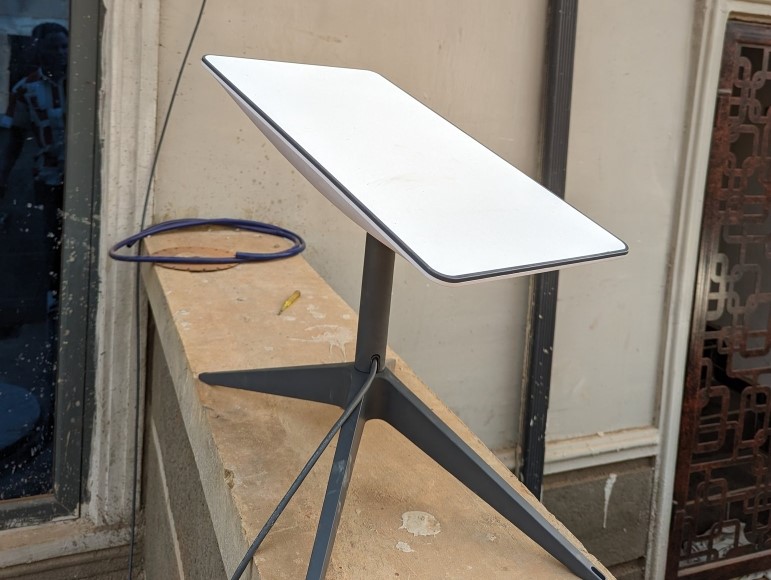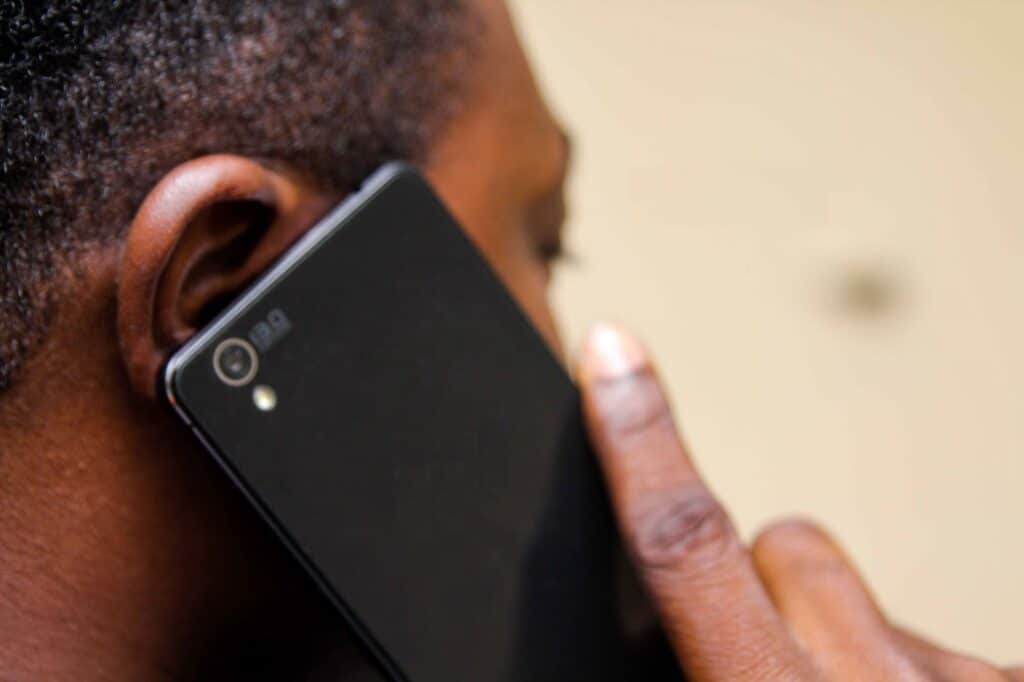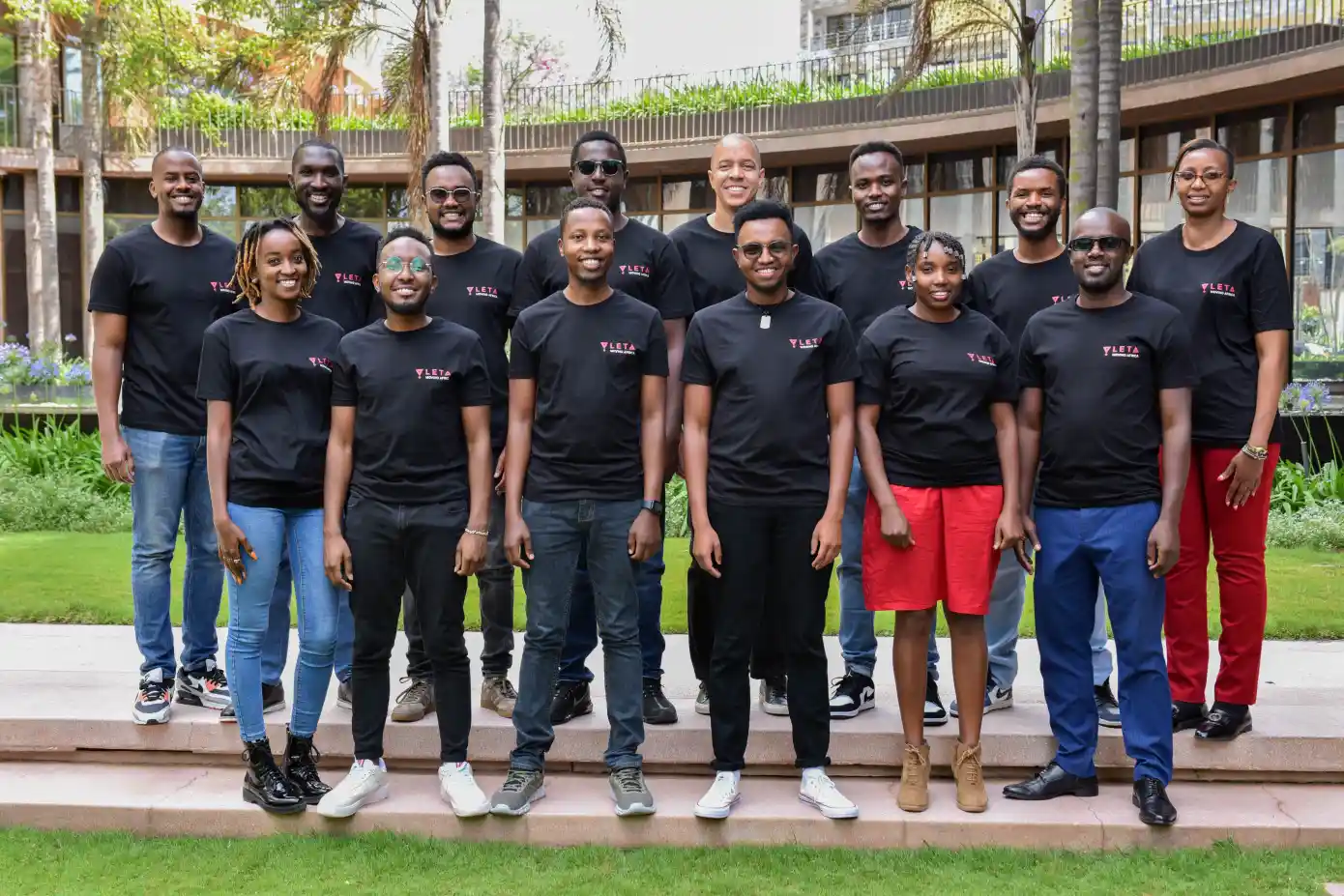Aloha,
Victoria from Techpoint here,
Here’s what I’ve got for you today:
- MTN wrapped up 2024 with major Guinea sale
- Will South Africa bend the rules for Starlink?
- Nigerians slam 40% tariff hike
MTN wrapped up 2024 with major Guinea sale

MTN Group has officially sold its Guinea-Conakry business to the State of Guinea, wrapping up the deal on December 30, 2024.
Per MTN’s CEO, Ralph Mupita, this is a big step for MTN Guinea-Conakry as it enters a new era under local ownership. He added that the sale fits MTN’s plan to simplify its operations and focus on markets where the company can make a real difference and see long-term growth.
The journey to this sale wasn’t exactly smooth. In May 2023, MTN hinted that it was in talks with the Axian Group to sell some West African businesses, including Guinea-Conakry.
Nothing was set in stone at the time, and there was no guarantee a deal would go through. Fast forward to March 2024, and the Telecel Group stepped in, announcing it was buying MTN’s debt and equity in Guinea-Conakry and Guinea-Bissau. In August, the telco wrapped up the sale of MTN Guinea-Bissau to Telecel.
What next? Mupita says the company, which now operates in 19 countries across Africa, is doubling down on key markets like Nigeria and Ghana, MTN’s heavy hitters in West Africa, while phasing out from smaller or less strategic regions.
For MTN Guinea-Conakry, this sale marks a fresh start with the government at the helm. Let’s see how this new chapter plays out!
Will South Africa bend the rules for Starlink?

Elon Musk is eyeing South Africa for Starlink, his satellite Internet service, but there’s a hitch. South Africa’s laws require 30% Black ownership for companies operating in the country — a rule Musk isn’t thrilled about.
Instead, he’s offering a deal: let Starlink operate, and his other companies, like Tesla, will invest in areas like battery production.
President Cyril Ramaphosa seems open to the idea. Per Bloomberg, talks are already happening about how to adjust policies to make it work. For a country where millions, that is over 25% of the population, still lack reliable Internet, Starlink could be a game-changer, especially in rural areas. But there’s resistance.
Some argue that letting Musk sidestep the rules could set a bad precedent, and local telecom providers are pushing back, saying SpaceX should play by the same rules as everyone else.
Starlink’s story in South Africa isn’t new. Even though it’s not officially allowed, people have been using it illegally, leading regulators to threaten hefty fines.
Meanwhile, Musk’s influence is growing. Around the world, governments, including Ghana and Namibia, that once resisted Starlink are now welcoming it, drawn by its fast Internet speeds and Musk’s promise of economic investment.
For South Africa, the question is complicated. Do they stick to the laws, or do they make concessions to unlock better Internet and Musk’s promised investments? Anyhoo, all eyes are now on Ramaphosa and Musk as the talks continue.
Nigerians slam 40% tariff hike

Remember on Monday, I mentioned how telecom tariffs in Nigeria might soon get 40% more expensive and how it was dismissed to be a rumour by the telecom regulator? Well, subscribers aren’t happy about the news or rumours.
According to Punch, the National Association of Telecoms Subscribers (NATCOMS) has outrightly rejected the planned hike, calling it unfair and out of touch with the struggles Nigerians are already facing.
The proposed increase would see call rates jump from ₦11.00 to ₦15.40 per minute, text messages rise from ₦4.00 to ₦5.60, and 1GB of data go from ₦1,000 to ₦1,400. NATCOMS says this move is just another blow to consumers already dealing with the country’s economic challenges.
NATCOMS isn’t happy with the NCC’s consideration of a telecom tariff hike. After an emergency meeting, the group called out the move as “insensitive” and unfair to Nigerians already struggling with the high cost of living.
Telcos, on the other hand, argue that the hike is overdue, citing inflation, the weak naira, and over a decade without tariff adjustments. They also complain about the financial burden of multiple government taxes.
NATCOMS isn’t having it, though. They think the increase will make telecom services unaffordable for many, cutting millions off from basic calls, texts, and data.
Things are getting worse with taxes too. NATCOMS brought up the excise duty from the 2020 Finance Act, which got suspended after public backlash but is still being challenged in court. They argue telecom users are already overburdened and can’t afford more costs.
While understanding telcos’ rising expenses, NATCOMS suggests an alternative: listing on the Nigerian Stock Exchange so the public can invest. This way, telcos can raise funds without adding pressure on customers.
They’ve urged the NCC to scrap the tariff hike and asked telcos to come up with more consumer-friendly solutions. In their words, the increase could make telecom services a luxury for two-thirds of Nigerians, which goes against the NCC’s duty to protect consumers.
The battle over telecom prices is just getting started, and subscribers are watching closely.
In case you missed it
- Techpoint Africa is 10: A decade of shaping Africa’s tech narrative
- 10 events that shaped the crypto market in 2024
What I’m watching
- How To Actually Achieve Your Goals in 2025 (Evidence-Based)
- History of the Church (1st-5th Century) – Full-length Documentary | Church History
Opportunities
- Celebrate the New Year with delightful stories like Smart Couples. Call 421 on your Airtel line now here — you won’t be charged! Alternatively, call 07080601391 at your network’s regular rate.
- Follow Techpoint Africa’s WhatsApp channel to stay on top of the latest trends and news in the African tech space here.
Happy New Year!
Victoria Fakiya for Techpoint Africa.










